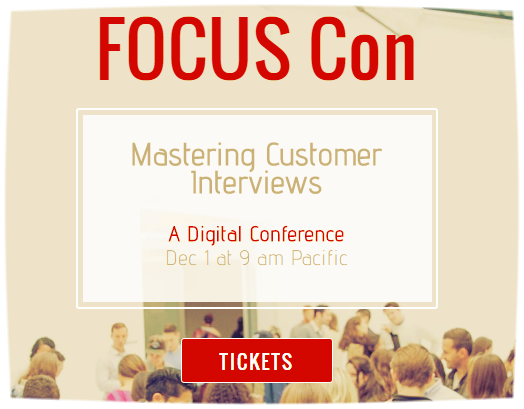The London Stock Exchange, next to St Paul’s Cathedral may not be the most obvious venue to talk about fintech ‘disruption’ but it proved an ideal location late last year to gather a panel of top movers and shakers to provide views ‘from both sides of the coin’ for a panel discussion titled ‘Disruptors: from sandbox to stocks?’
While Atom Bank’s Mark Mullen grabbed much of the audience attention, with talk of the death of the universal banking model, the real interest from a P2P standpoint was the views of Martin Cook, UK General Counsel for Funding Circle. And what the moderator, the BBC’s Rory Cellan-Jones failed to say in introducing Martin, was that the P2P sector that is rapidly expanding and potentially as disruptive as challenger banks such as Atom. Indeed, Funding Circle, which launched in the UK in August in 2010, broke its own UK monthly lending record with £95,086,880 in October, an increase on the previous best in September by a margin of £20m.
In his contribution Cook did his best to underline the power of P2P lending, pointing out they were the “highest net lender” to UK businesses, while at the same time admitting it still had less than 2% of the SME market. He added that a P2P marketplace has been created that didn’t exist before, allowing institutions to lend to SMEs like never before. What Cook also shared was his worry that if these gains are thrown away. Instead, he emphasised that Funding Circle was in it for the long run, with one of their core goals being sustainability, and also underlining the fact that “higher growth does not equal high risk necessarily”.
Looking at P2P regulation he noted that when Funding Circle was first launched its founders actually lobbied for regulation, but that while it was important to ensure the quality of new lenders entering the marketplace, that FCA regulation should also be ‘proportionate’, as P2P lenders are not the same as banks. Noting the far more complex regulatory environment in the US, where Funding Circle also does business, Rory Cellan-Jones asked how ambitious was Funding Circle? “Our founders don’t lack ambition; their aim is to achieve $100bn in lending by 2025”. To date Funding Circle has lent a total of around £1.62bn, the type of scaling challenge touched on by other members of the panel.
Lacking from the P2P discussion on disruption was any thoughts from on where new disruption in the P2P lending market might be coming from. One possible area is with the expansion of short-term P2P lending, which has yet to take off in the UK. Nadeem Siam founder and CEO of
Nadeem Siam founder and CEO of Welendus, sees this as a huge unmet opportunity for a high-volume P2P lender, able to deliver high returns to investors both individuals and institutions, looking for alternative sources of relatively low-risk short-term investments, as well as provide a much better deal for borrowers fed up with the high rates and poor services from payday lenders like Wonga.
“Welendus is aiming to disrupt this let down market by offering borrowers affordable, ethical and flexible short-term loans,” argues Nadeem. And for him the best way to achieve this is for people to become the lenders. “Lending from the people, to the people” with short term loans is his vision.
“Given customer discontent with both banks and existing payday lenders in the UK, the P2P element will hugely add value for customers. This is certainly something you get when speaking with individual borrowers who take out these loans.
“It will allow Welendus to cater for most of the population, bringing together the short-term borrowers from one side, and the savers and investors from the other,” he concludes.
- The forum was hosted by national law firm Bond Dickinson LLP on fintech and insurtech at the London Stock Exchange.
- The six-strong panel included representatives from major insurance and banking organisations including Mark Mullen, CEO at Atom Bank; Ariel Berman, Vice President at AIG; Martin Cook, UK General Counsel at Funding Circle; Richard Williams, Founder and CIO at Innovatively Digital; Gavin Littlejohn, Non-Executive Chairman at FDATA and Gary Conroy, Managing Director at Realex Payments.
- Welendus has successfully fundraised £100K on Seedrs to raise money to grow the business, after lowering the crowdfunding target from £300K. FCA approval is still pending.



